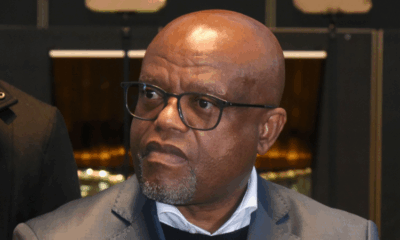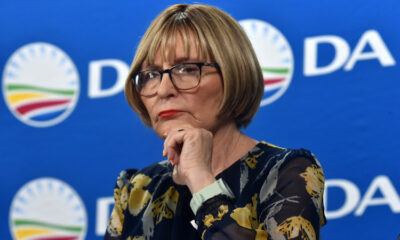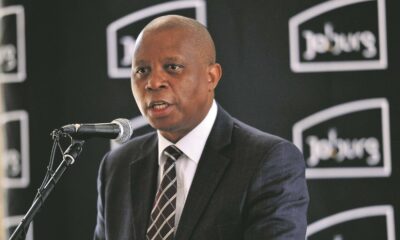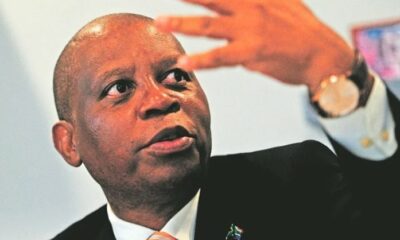News
Why Helen Zille Says Only ANC or DA Can Steady Johannesburg
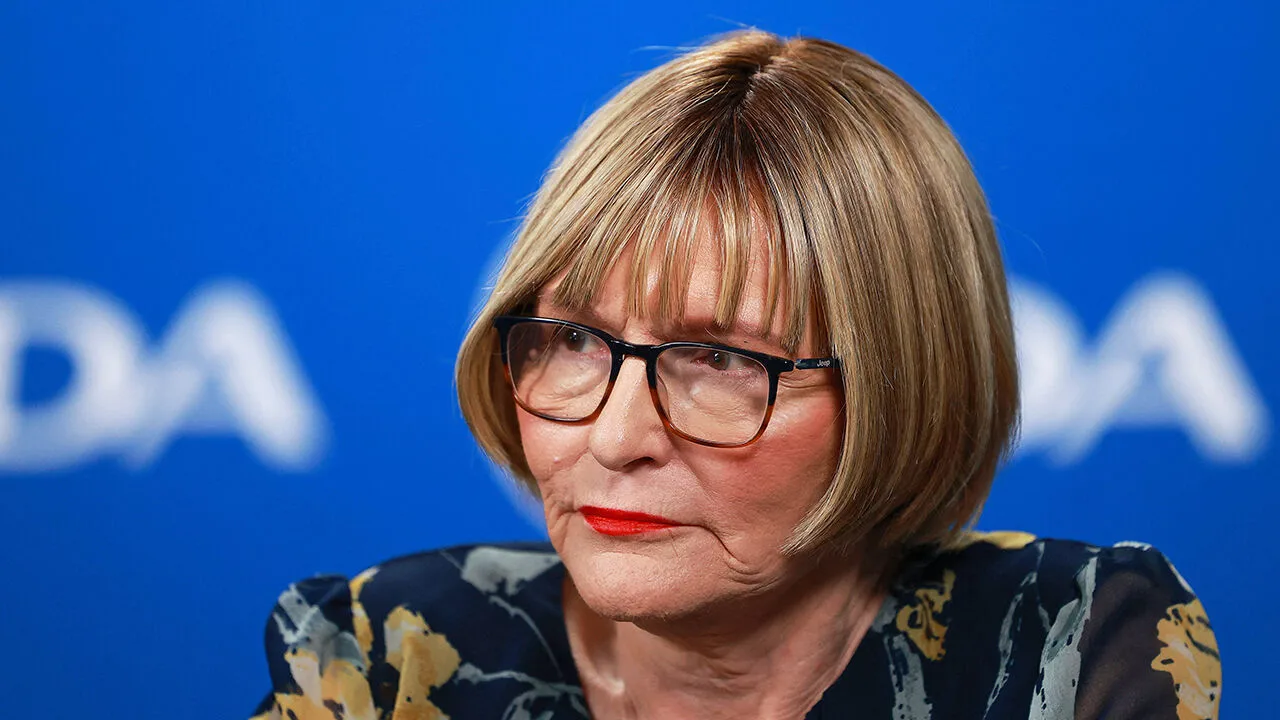
When Splintered Votes Lead to Mayoral Musical Chairs
Johannesburgers might feel like they’re on repeat. With another round of murky coalition politics looming, DA federal council chairperson Helen Zille has made a blunt appeal: if residents want a city that works, resist the urge to fragment your vote among tiny parties.
A Circus of Coalitions, and Its Consequences
Speaking to eNCA, Zille didn’t mince words. She slammed the current patchwork of splinter parties for turning local governance into what she called a “circus.” In her telling, the endless series of short‑lived coalitions has spun the mayor’s office into a revolving door of “musical mayors,” and citizens reap the cost in terms of neglected service delivery.
This latter point isn’t an exaggeration. Over the past eight years, Joburg has seen nine different mayors, with coalitions frequently crumbling under political pressure. At one point, the city’s leadership included a fragile alliance between ANC, EFF, ActionSA, Al Jama‑ah, and smaller outfits, a combination that, predictably, struggled to present a united plan or steady leadership.
Two Big Players, One Chance at Stability
Zille’s prescription is simple, yet stark: only the ANC or the DA have the numbers and the structure to govern Joburg effectively. She urges voters not to dilute their influence by spreading their votes across micro‑parties. As she put it, “One is the ANC and one is the DA. If they splinter, you’ll keep getting unstable coalitions.”
In short, she frames the impending 2026 local government election as a clear choice between stability or continued dysfunction.
A Local Editor’s Angle: Beyond the Duel
It would be easy to reduce Zille’s statement to political posturing. But her words come amid a larger story. Johannesburg, our Joburg, has ground to a halt in some places. Water shortages, crumbling infrastructure, erratic service delivery: these aren’t just statistics. They shape daily life in hill and valley, in suburbs both affluent and underserved.
Zille’s punchline is a provocation, but one that rings with urgency. She’s not just warning of chaos. She’s offering a roadmap, however polarising: focus your vote, bring one of two major parties to a clear majority, and give the city a shot at regaining coherence.
Social Reactions: A City That’s Fed Up
On social media, frustrations are palpable. Too many voters tell me they’re disillusioned, believing no party will change the system. Others argue smaller parties keep the major parties honest. But amid the chatter there’s a thread emerging: enough with the endless negotiations and leadership limbo. Joburgers want solutions, not spill-by-spill political dramas.
Looking Ahead: 2026 Is Already Shaping Up
The local government vote in 2026 is more than just procedural. For the City of Gold, it could be a crossroads. Will Joburgers unify behind a stable majority, or will the cycle of fragmentation continue, and with it, the cycle of decline?
Zille’s message is clear. Now, the question drops to you, the voter: do we choose coherent governance or another act in the coalition circus?
Also read: Cape Town train attack victim awarded R6.4m after suffering brain damage
Follow Joburg ETC on Facebook, Twitter, TikT
For more News in Johannesburg, visit joburgetc.com
Source: IOL
Featured Image: The Economist

